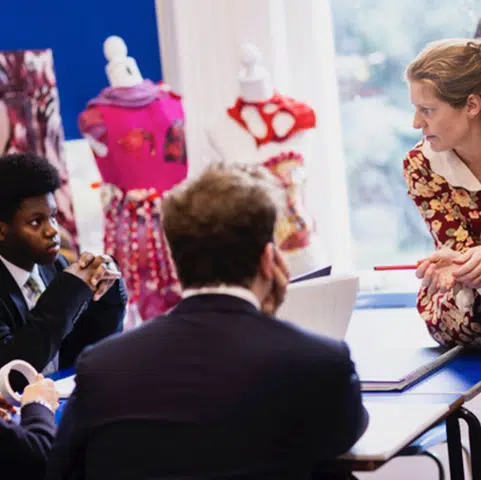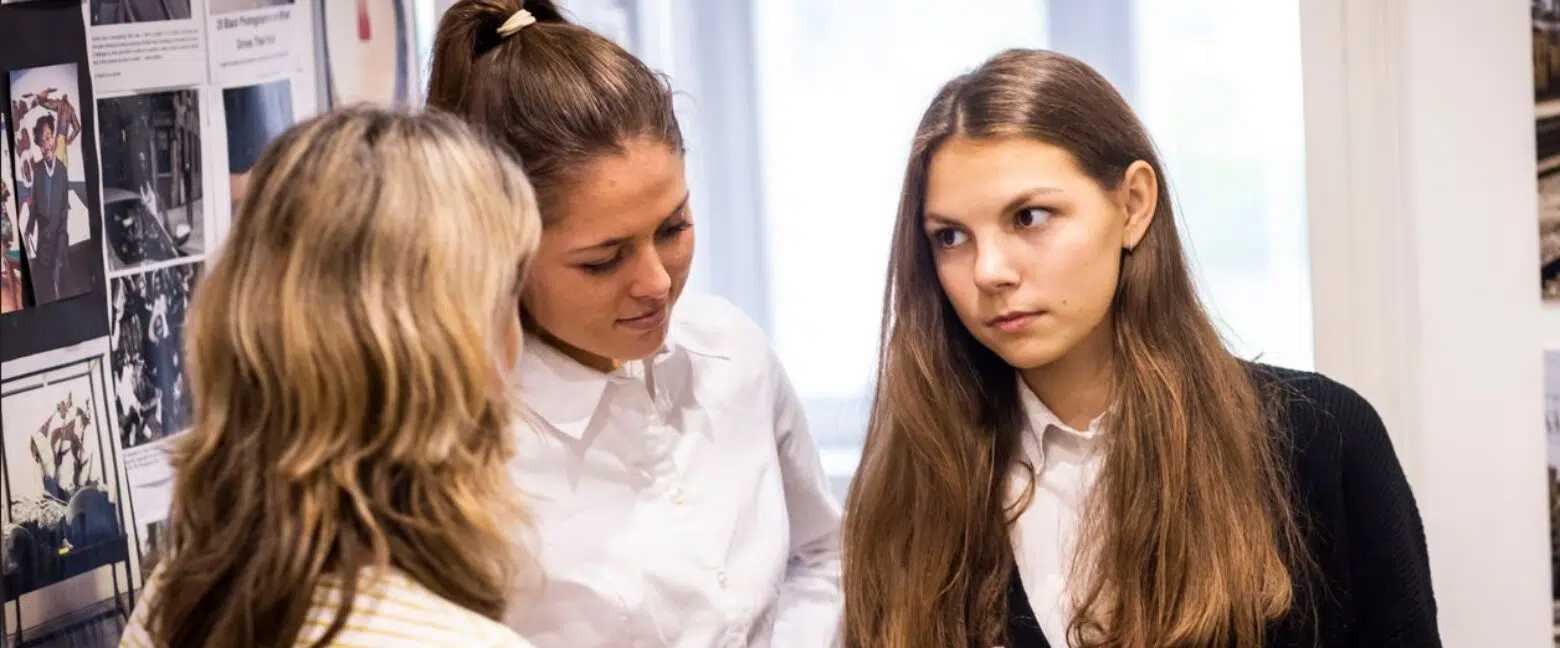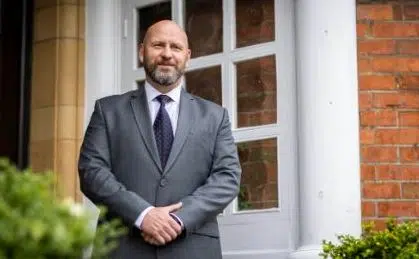For as long as I have been reading newspapers, there have been different newspapers for different audiences. The most striking distinction in the UK is between the tabloid and broadsheet styles of paper. The terms tabloid and broadsheet refer to (now defunct) distinctions in the size of the sheets of paper upon which they were printed, but broadly speaking tabloid papers focus on national and media matters and take a sensationalist approach to news while broadsheet newspapers tend to try to offer a more balanced approach and have a global and often political perspective. It is almost impossible to tell a story without taking a viewpoint, what journalists call an angle: was Goldilocks the victim or a housebreaking vandal? Journalists might say that only one side of this story has been told. In broad terms, for example, The Guardian has always been a left wing newspaper and The Times has always been more to the right. So – you bought the newspaper that suited your views and perhaps had your views reinforced and viewpoint inflamed for a few pence a day. At best, such papers at least gave the time of day to the other perspective.
When television came along in the UK, it was a national service, and so the news was expected to be more balanced. There was only one channel for news in the UK – the BBC – and so this had to cater to all shades of audience. Bias, and accusations of bias have haunted the corporation since its inception, especially by those who consider the licence fee – the BBC is subsidised by compulsory subscription – as a tax, and thus the BBC as an arm of the state and the establishment. It is increasingly the case that the right feel that the BBC is biassed to the left and the left feel that the bias is towards the right. It is hard to see how the BBC can continue to manage this situation and keep serving the needs of the nation.
The assumption so readily made by many, however, is that there must exist a bias of some sort. The media must take some of the blame here – now BBC journalists are exposing their own political personal views on the BBC and other social media and thus bringing their neutrality into question. Globally, however, you can now pick your news media stream on TV the way you used to buy your newspaper. The filter we apply when reading is harder to exercise when listening to a news presenter. We are also aware of how search engine algorithms and now artificially intelligent systems tend to supply us with more of what we have already consumed. Try typing ‘dogs are great and cats are a waste of fur’ into your search engine – just once – and see what happens to your media feed in the subsequent days and weeks.
But these are simply trends. More steps along a pathway that started a long time ago. What is shocking and unfathomable to me recently has been the level of venom and vitriol in public discourse and the inability of the two sides in any debate to communicate in any civil way. I wonder if the increasing polarisation in the media has contributed to this? The loss of a common set of values and the decline of the establishment, for all its myriad faults, may be at play here too, but the media seems to be full of evidence of groups and individuals unable to debate or even consider contemplating any view but their own. The different sides in a debate may have previously viewed each other as misinformed, wrong-headed, naive, illogical and unreasonable, but debate was at least relatively civil. The default assumption now seems to be that the person with whom you disagree must be bigoted, malevolent, stupid, biassed, evil and beyond redemption or forgiveness. Just add -phobic to the definition of your opponent and the mantra is that this person with whom you disagree must deserve scorn, cancellation and even violence. I fear that there may be no easy way back from this practice. Insults and violence are not persuasive or likely to bring about change, and the exercise of such tactics makes the perpetrator closed to any capacity to change their own views.
This increasing polarisation cannot lead anywhere but to a world where nothing can ever be debated; where you pick a side, or have it picked for you and draw up the battle lines. It is a horrifying picture and we see glimpses of it in the media every day.
As educators and students – and I count myself as both, we must train ourselves and each other to see the other perspective, to look at all sides of the story and always to attack the argument and not the person. Our weapons must be logic, perception, reason and acumen, rather than insults, slogans, dogma and refusal to engage. We must all have the confidence that if we are right, our viewpoints will robustly stand up to analysis, challenge and discussion. We must begin from the standpoint that our opponent means well and wants what we want – the greatest good for the greatest number of people. And then all that is left is to wrestle with Plato and Kant and work out what we mean by ‘good’. When there are questions as important as this to answer, the need for debate and discussion is paramount.
Joss Williams
Head Teacher


